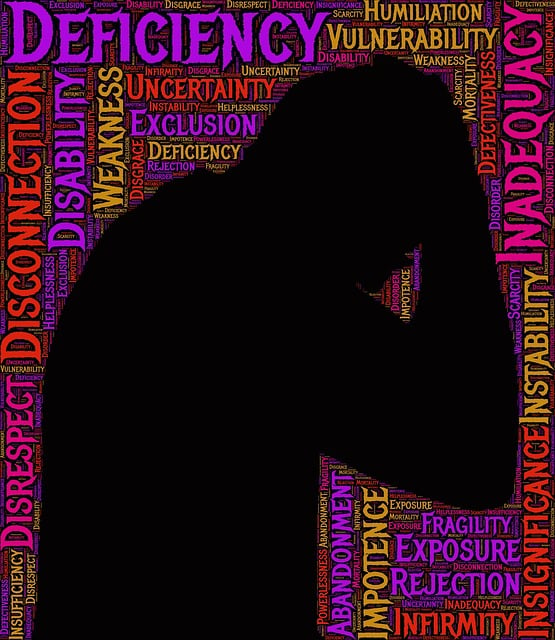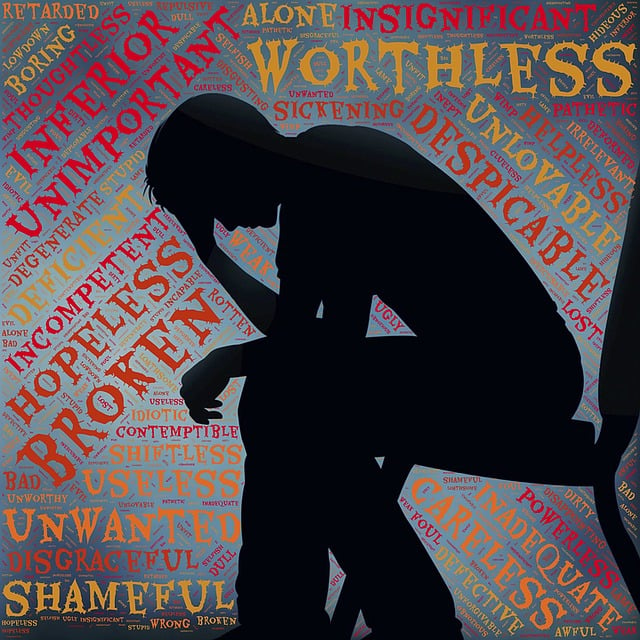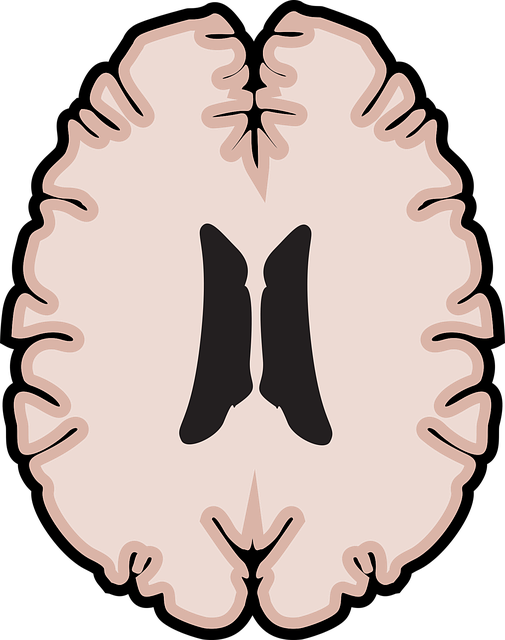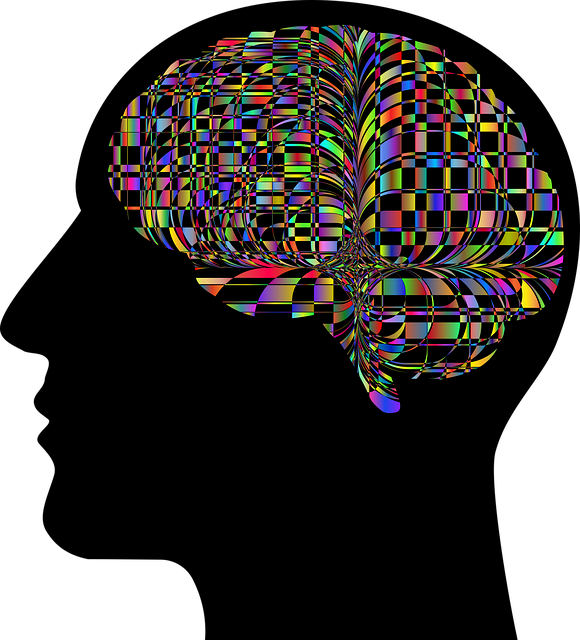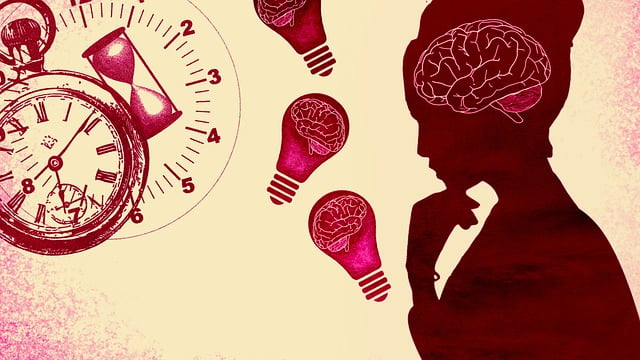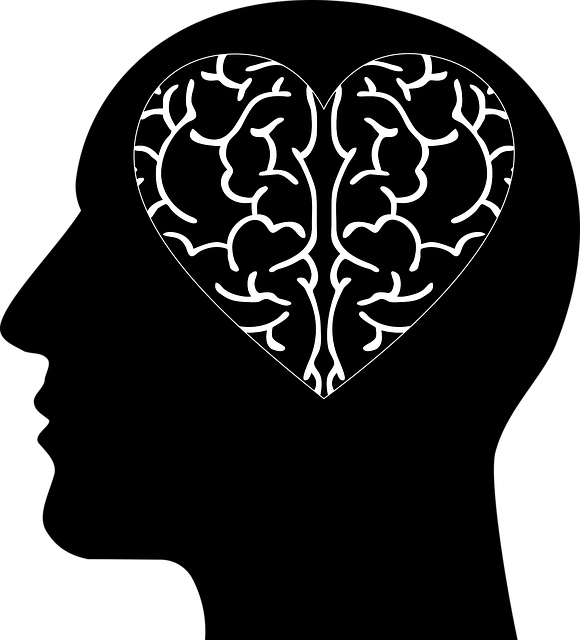Mental wellness apps incorporating Arvada Dialectical Behavioral Therapy (DBT) offer valuable support for users facing stress, anxiety, and trauma. These apps provide guided meditations, cognitive-behavioral exercises, and skills training tailored to individual needs, empowering users with evidence-based practices for emotional regulation, self-awareness, and resilience. Key features include mood tracking, mindfulness exercises, and community outreach programs that foster a sense of belonging. A successful app requires meticulous development, combining expertise from mental health professionals, developers, and designers, along with effective marketing strategies that highlight unique features, build trust, and engage users through inclusive communities while respecting diverse cultural perspectives.
Mental wellness apps are transforming the way we approach mental health support, offering accessible tools for managing stress, anxiety, and depression. With growing demand, developers are turning to evidence-based practices like Dialectical Behavioral Therapy (DBT), proven effective in treating various mental health conditions. This article explores app development focusing on DBT, delving into key features, the building process, marketing strategies, and user engagement for creating impactful solutions like Arvada Dialectical Behavioral Therapy apps.
- Understanding Mental Health and the Need for Apps
- Dialing in on Dialectical Behavioral Therapy (DBT)
- Key Features of a Mentally Well App
- Development Process: Building an Effective App
- Marketing and User Engagement Strategies
Understanding Mental Health and the Need for Apps

Mental health is a vital aspect of overall wellness, encompassing our emotional, psychological, and social well-being. In today’s fast-paced world, many individuals face challenges related to stress, anxiety, depression, and trauma, which can significantly impact their daily lives. Recognizing these issues as common and treatable is crucial. Apps focused on mental wellness have emerged as powerful tools to support people in managing their mental health journeys.
The demand for accessible and effective therapy options has led to innovative solutions, such as Dialectical Behavioral Therapy (DBT) apps, inspired by the renowned Arvada DBT approach. These digital platforms offer a range of features like guided meditations, cognitive-behavioral exercises, and skills training sessions tailored to individual needs. By incorporating evidence-based practices, they empower users to develop coping mechanisms, enhance self-awareness, and cultivate resilience. Moreover, with the integration of community outreach programs and trauma support services, these apps can facilitate connections to local resources, fostering a sense of belonging and further supporting individuals on their path to mental wellness.
Dialing in on Dialectical Behavioral Therapy (DBT)

In the realm of mental wellness app development, incorporating evidence-based therapies like Dialectical Behavioral Therapy (DBT) can significantly enhance user experiences and outcomes. DBT, a game-changer in the field of Arvada Dialectical Behavioral Therapy therapy, is particularly effective for individuals dealing with emotional regulation challenges, stress management, and interpersonal difficulties. This approach combines cognitive-behavioral techniques with acceptance-based strategies to promote self-care practices and compassion cultivation, which are pivotal aspects of holistic mental health education programs design.
By integrating DBT principles into app functionalities, developers can create digital tools that not only teach users new skills but also foster a sense of community and accountability. The structured nature of DBT modules, including mindfulness exercises, distress tolerance strategies, and effective communication skills, lends itself well to interactive app interfaces. This tailored approach ensures that users receive personalized guidance, enabling them to navigate their mental health journeys more effectively while cultivating resilience and self-compassion.
Key Features of a Mentally Well App

In today’s digital age, mental wellness apps have emerged as powerful tools to support individuals in their journey towards better emotional health. A comprehensive app designed to promote mental well-being should incorporate a range of therapeutic techniques and self-care practices. One such approach is Arvada Dialectical Behavioral Therapy (DBT), which focuses on teaching users effective coping skills for managing emotions, reducing distress, and improving interpersonal relationships.
Key features of a mentally well app may include Self-Awareness Exercises to help individuals recognize their feelings and triggers, fostering a deeper understanding of themselves. Additionally, the app can offer modules dedicated to Self-Esteem Improvement, empowering users to cultivate a positive self-image. For healthcare providers at risk of burnout, the app could incorporate Burnout Prevention Strategies tailored to their unique challenges. Through interactive activities and personalized guidance, these apps aim to create a supportive environment for users to navigate their mental health journeys effectively.
Development Process: Building an Effective App

The development process for a mental wellness app is an intricate journey that demands careful consideration and expert craftsmanship. Building an effective app involves understanding the unique needs of users seeking support for their mental health, especially those specifically interested in evidence-based practices like Arvada Dialectical Behavioral Therapy (DBT). The initial step entails extensive market research to identify gaps in existing apps and gather insights from potential users.
This stage is crucial for designing a user-centric app that offers personalized features, such as mood tracking, mindfulness exercises, and skills training modules based on DBT principles. Collaboration between mental health professionals, software developers, and UX designers ensures the app’s content accuracy, functionality, and aesthetic appeal. Incorporating confidence-boosting strategies within the app’s framework can enhance user engagement, encouraging consistent use and potential positive outcomes for their mental wellness journey.
Marketing and User Engagement Strategies

Marketing and user engagement are key aspects to consider when developing a mental wellness app. To attract users, especially those seeking specific therapies like Arvada Dialectical Behavioral Therapy (DBT), apps should emphasize their unique features and benefits. Highlighting evidence-based practices and personalized tracks can set your app apart in a competitive market. Incorporate success stories or testimonials from satisfied users to build trust and encourage downloads.
Engaging users involves creating an inclusive community within the app. Implementing social components, such as forums or group discussions, allows individuals to connect with peers facing similar challenges. Additionally, organizing virtual events like stress management workshops can foster a sense of belonging. Cultural sensitivity in mental healthcare practice is crucial; ensure your app caters to diverse user backgrounds by offering content that respects and incorporates various cultural perspectives.
Mental wellness apps have emerged as powerful tools in addressing the growing need for accessible mental health support. By incorporating evidence-based techniques like Dialectical Behavioral Therapy (DBT), these applications offer a promising approach to improving user mental well-being. The development process requires careful consideration of key features, ensuring an intuitive and engaging experience. Marketing strategies should focus on educating users about the benefits of DBT in Arvada, targeting those seeking alternative therapy options. With the right approach, these apps can make a significant impact on individual lives, promoting better mental health outcomes.

